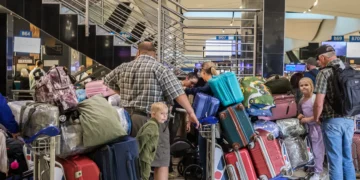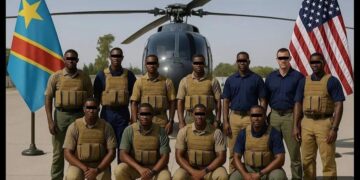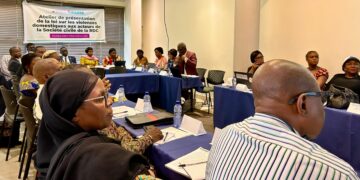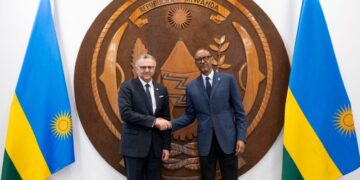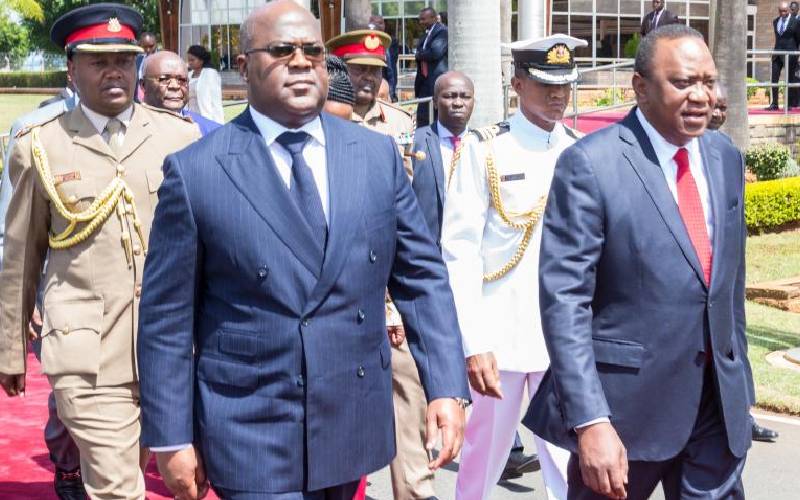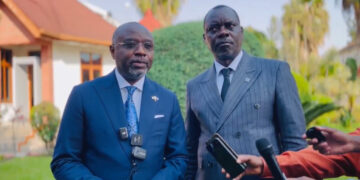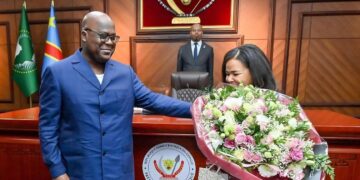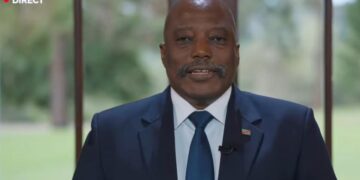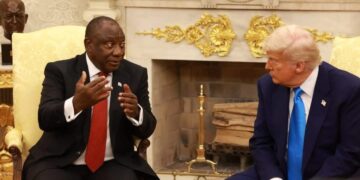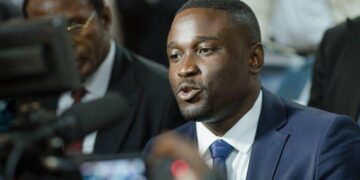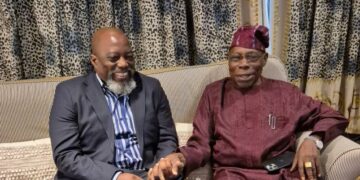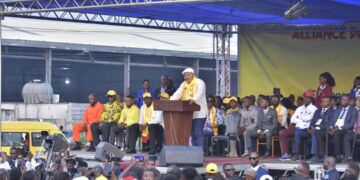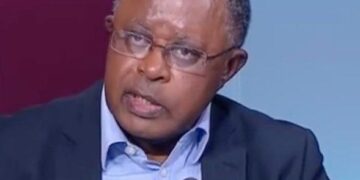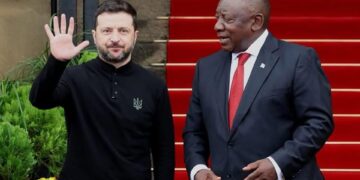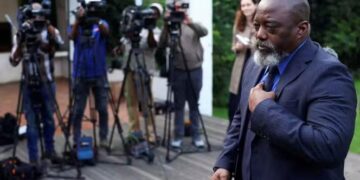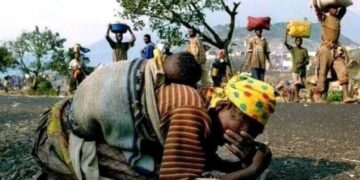This decision emerged from a virtual summit held on the same day, which was co-chaired by William Ruto, President of Kenya and the EAC, and Emmerson Mnangagwa, President of Zimbabwe and the SADC. The primary focus of the summit was the security situation in eastern DRC.
In a statement, William Ruto declared that the summit had designated five facilitators to lead the initiative. These facilitators, each eminent in their own right, have been entrusted with various responsibilities to navigate the complexities of the peace process:
- Uhuru Kenyatta, former President of Kenya: Tasked with overseeing diplomatic engagements and ensuring that all parties remain committed to the peace process. His experience in regional politics is expected to be pivotal in maintaining open channels of communication.
- Olusegun Obasanjo, former President of Nigeria: Charged with mediating between conflicting parties within the DRC. Drawing on his extensive background in conflict resolution, Obasanjo will aim to foster dialogue and understanding.
- Kgalema Motlanthe, former President of South Africa: Assigned to coordinate the implementation of agreed-upon measures, including the organization of peace talks and monitoring initiatives.
- Sahle-Work Zewde, former President of Ethiopia: Responsible for facilitating humanitarian efforts and ensuring that peace-building activities prioritizing civilian protection and support are integrated into the broader peace strategy.
- Catherine Samba-Panza, former President of the Central African Republic: Focused on gender inclusivity and the protection of vulnerable communities. Her expertise will ensure that the peace process considers the perspectives and needs of women and children.
Additionally, the summit ratified the report from the joint EAC-SADC ministerial meeting conducted in Harare on March 17. This report outlined the steps necessary to achieve a ceasefire, cease hostilities, and establish a monitoring secretariat to ensure the enforcement of the decisions.


